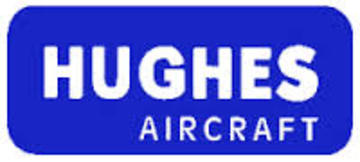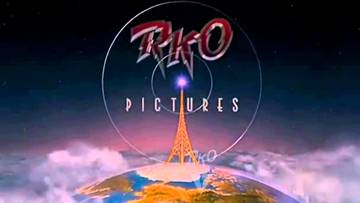Howard Hughes
Executive
Howard Robard Hughes, Jr. was a business tycoon, investor, aviator, aerospace engineer, inventor, filmmaker, and philanthropist. During his lifetime, he was one of the wealthiest people in the world. As a maverick film tycoon, Hughes gained prominence in Hollywood from the late 1920s, making big-budget and often controversial films like The Racket (1928), Hell's Angels (1930), Scarface (1932), and The Outlaw (1943).
Subsequently, he formed the Hughes Aircraft Company and hired numerous engineers and designers. He spent the rest of the 1930s setting multiple world air speed records, built the Hughes H-1 Racer and H-4 "Hercules" (better known to history as the "Spruce Goose" aircraft), and acquired and expanded Trans World Airlines, which later merged with American Airlines. He was included in the Flying magazine list of the 51 Heroes of Aviation, ranking at No. 25. Hughes is also remembered for his eccentric behavior and reclusive lifestyle in later life, caused in part by a worsening obsessive–compulsive disorder (OCD) and chronic pain. His life story provided the inspiration for the film The Aviator starring Leonardo Dicaprio as Hughes, which was released in 2004. His legacy is maintained through the Howard Hughes Medical Institute.
Subject ID: 14373
MoreHoward Robard Hughes, Jr. was a business tycoon, investor, aviator, aerospace engineer, inventor, filmmaker, and philanthropist. During his lifetime, he was one of the wealthiest people in the world. As a maverick film tycoon, Hughes gained prominence in Hollywood from the late 1920s, making big-budget and often controversial films like The Racket (1928), Hell's Angels (1930), Scarface (1932), and The Outlaw (1943).
Subsequently, he formed the Hughes Aircraft Company and hired numerous engineers and designers. He spent the rest of the 1930s setting multiple world air speed records, built the Hughes H-1 Racer and H-4 "Hercules" (better known to history as the "Spruce Goose" aircraft), and acquired and expanded Trans World Airlines, which later merged with American Airlines. He was included in the Flying magazine list of the 51 Heroes of Aviation, ranking at No. 25. Hughes is also remembered for his eccentric behavior and reclusive lifestyle in later life, caused in part by a worsening obsessive–compulsive disorder (OCD) and chronic pain. His life story provided the inspiration for the film The Aviator starring Leonardo Dicaprio as Hughes, which was released in 2004. His legacy is maintained through the Howard Hughes Medical Institute.
Subject ID: 14373
Subject ID: 14373

